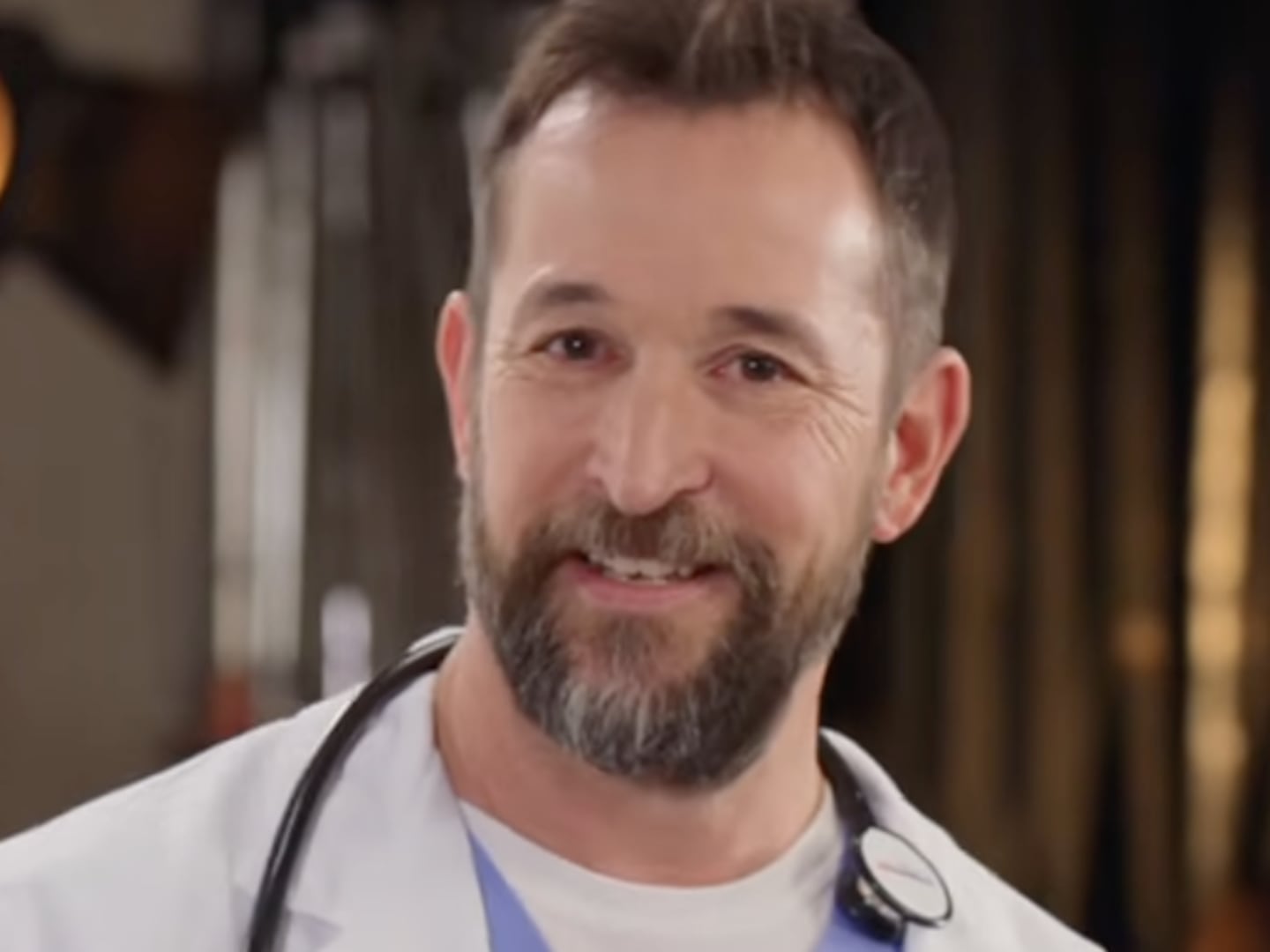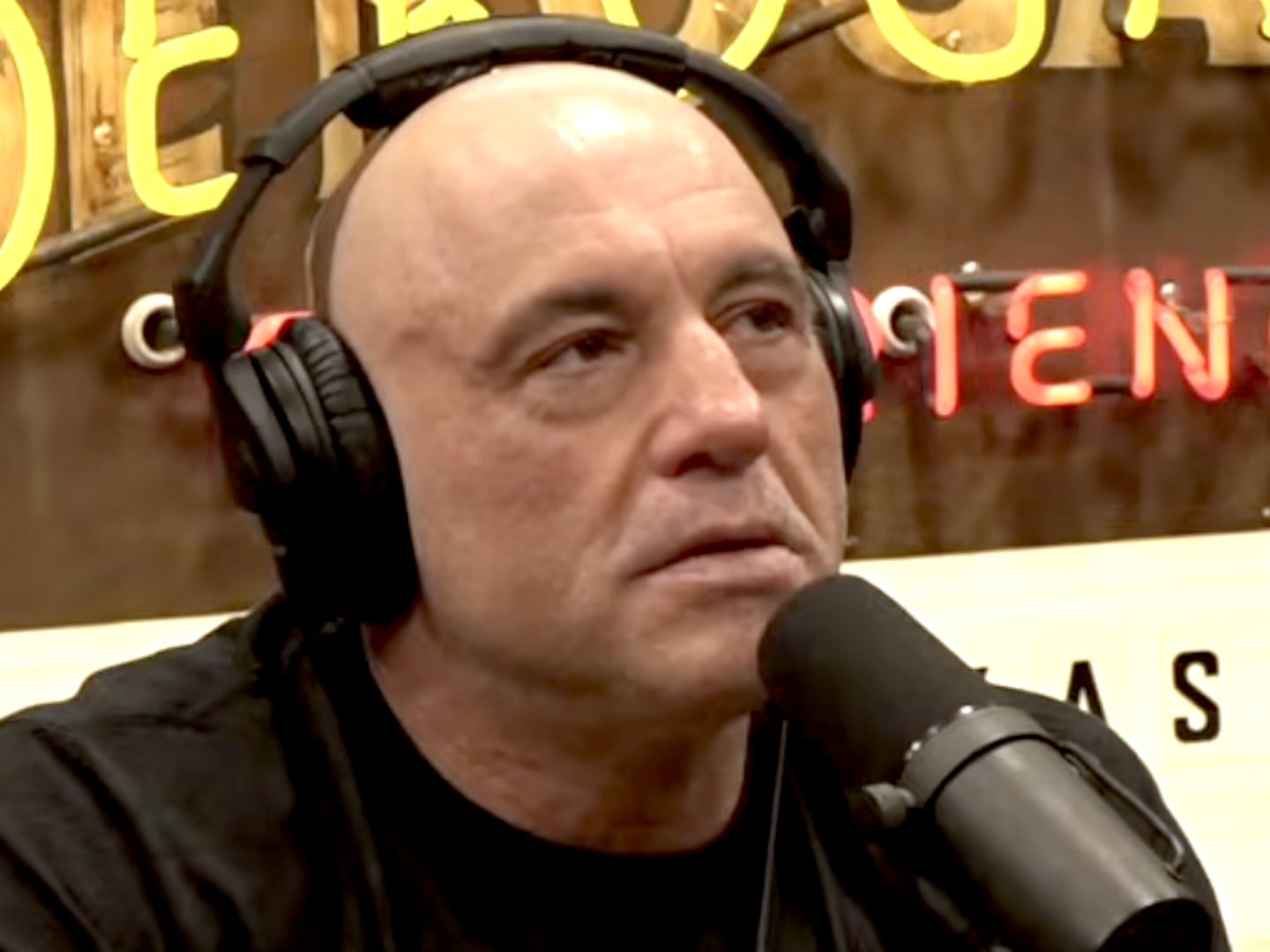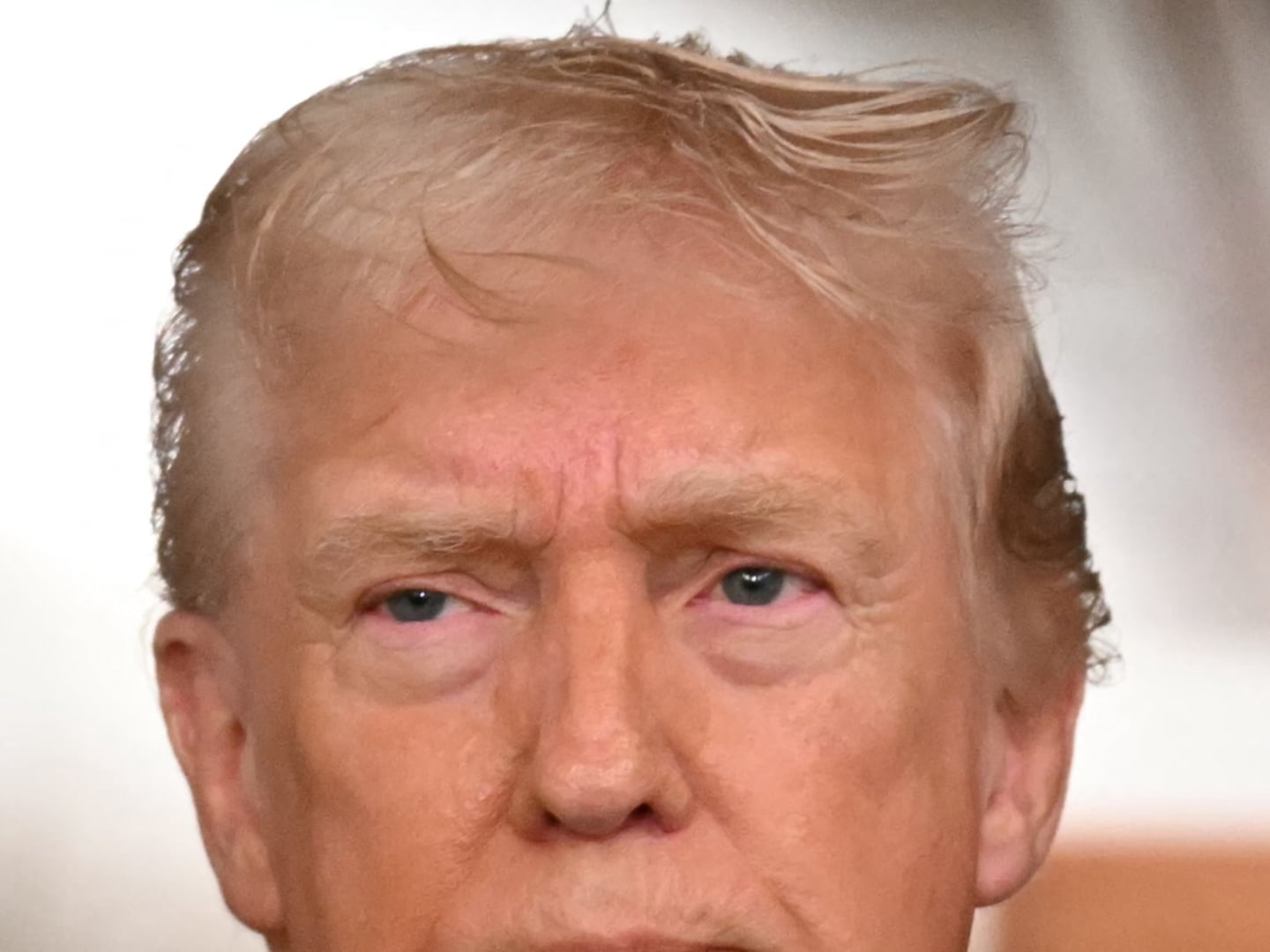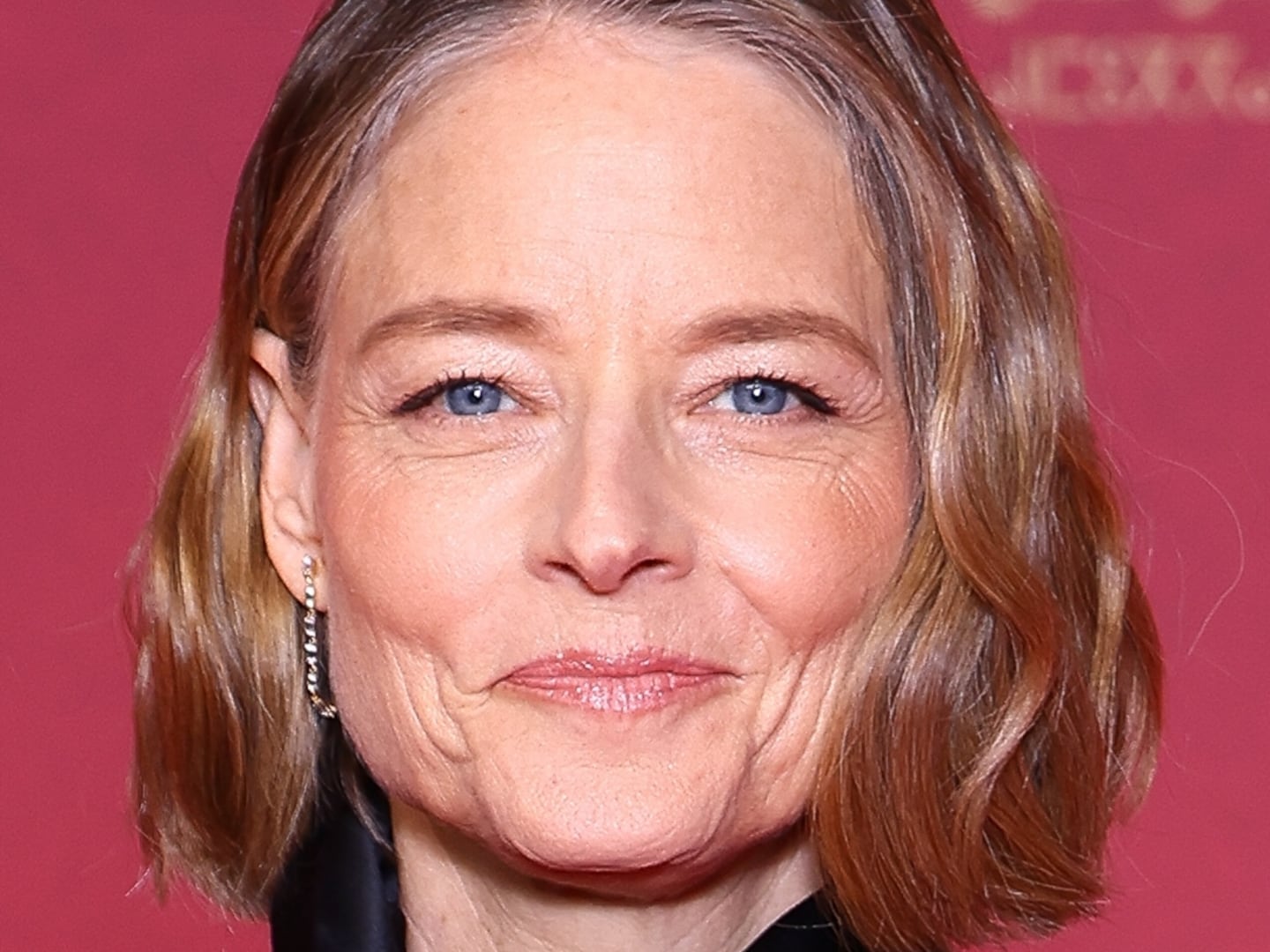Guy Ritchie’s been on something of a hot streak of late, courtesy of the thrilling Wrath of Man, frisky Operation Fortune: Ruse de Guerre, and muscular The Covenant—all of which followed his last genuine misstep, 2019’s The Gentlemen. A star-studded gangster movie whose meta winking and cartoonish posturing—all affected monologues, flamboyant preening, and dreary button-pushing—elicited far more terrible performances (from Matthew McConaughey, Jeremy Strong, Charlie Hunnam, Eddie Marsan, Henry Golding, and Michelle Dockery) than amusing ones (from Colin Farrell and Hugh Grant), it was a late-’90s throwback that strained in vain to recapture the flair of the director’s early knockabout hits.
Courtesy of Grant’s private detective, Ritchie’s dud featured a self-conscious cinematic-storytelling frame, so it’s more than a bit surprising to discover that the filmmaker has now created a spin-off for the small screen. The Gentlemen, which debuts on Netflix Mar. 7, boasts none of its predecessor’s A-listers, impudent racism, or whiplash pacing. Instead, it offers simply second-rate crime-fiction nonsense of a lethargic, clichéd, and distended sort. Lacking the zippy momentum and rat-a-tat-tat brashness that is Ritchie’s lock, stock and trade, this eight-episode series is a case of playing the stale hits at half speed and with no heart. A major miscalculation that never justifies its derivative existence, it suggests that the British auteur needs to finally let go of the past.
Borrowing its basic scenario and worldview from its forerunner while never once mentioning its characters (who are MIA in this remixed parallel universe), The Gentlemen imagines a London rife with shady types, although Eddie (Theo James) knows little about such things, since he’s a duke who’s presently enlisted in the military. Called home to his opulent manor home to be at his dying father’s side, Eddie is stunned to learn that he, rather than older brother Freddy (Daniel Ings), has been named in the will as the inheritor of the family estate and riches. Freddy is incensed by this slight but it’s clear that his dad didn’t leave him anything because he’s a perpetual, monumental screw-up. To wit: no sooner has Eddie taken the reigns of the empire than he’s forced to cope with the fact that Freddy owes eight million pounds to a group of nutty religious crooks led by Tommy (Peter Serafinowicz) and his brother Gospel John (Pearce Quigley), and if the debt isn’t paid pronto, he’s a goner.
Fortunately for Eddie, he quickly uncovers the source of his dearly departed dad’s income: He’s leased his land to an illegal marijuana conglomerate that’s owned by imprisoned Bobby Glass (Ray Winstone) and run by his daughter Susie (Kaya Scodelario), and which grows its product beneath the family’s expansive grounds in high-tech chambers accessed via a derelict shipping container. Susie informs Eddie that she wants to continue their partnership with the family and is willing to help him take care of Freddy’s financial obligation, leading to a deal in which Tommy agrees to take a smaller sum than he’s owed in exchange for Freddy humiliating himself on camera by performing a song in a giant chicken suit. This is supposed to be wildly manic and hilarious, yet as staged by Ritchie (who co-wrote and directed the first two episodes), it proves interminably protracted and strident, and thus serves as a prime example of the material’s atonal indolence.

(L-R) Joely Richardson as Lady Sabrina, Theo James as Eddie Horniman, Jasmine Blackborow as Charly Horniman, Chanel Cresswell as Tammy Horniman & Daniel Ings as Freddy Horniman
Christopher Rafael / NetflixThis transaction goes haywire and creates only more problems for Eddie, who spends the majority of The Gentlemen trying to escape the drug business even as he demonstrates great gangster skill. Like the film, the series imagines the underworld as divided between grungy low-level psychos who curse, scream, and act unhinged, and fancy lads who dress in designer suits, drink fine wine and liquor, and conduct themselves and their affairs with aristocratic elegance. A military man who’s also a posh lord, Eddie falls into the latter category, which itself is divided between those who are “good” (i.e., deal weed and have honor) and “bad” (i.e., trade in harder drugs and are treacherous). He’s soon reluctantly partnering with Susie on a succession of tasks—some of which resemble the overtly referenced Grand Theft Auto—designed to extricate him from this illicit enterprise.

Theo James as Eddie Horniman
Christopher Rafael / NetflixThe Gentlemen has a variety of ticks that it repeats ad nauseam, be it scrawling “handwritten” informational text on screen or leaping slightly forward in time so a character can then narrate a flashback of the just-skipped material. Such gestures, however, are executed with all the juice of a dead battery. More than its tediously verbose and unwitty dialogue or its familiar criminal shenanigans, the proceedings’ lack of energy is just about fatal, and its use of operatic singing to enhance its import doesn’t help. Over the course of its bloated tale, it trots out Albanians, Uzbeks, Belgians, travelers, South Americans, and assorted British nutjobs, yet there’s no life to these caricatures or the scenarios in which they find themselves. It’s like watching a fifth-generation pantomime of something that stopped being funny or unique decades earlier.
Name dropping luxury brands and priceless vintages is part of how The Gentlemen sells its upper-crust milieu as authentic, and James certainly has the look and demeanor of a man who’s equally comfortable in the “zoo” and the “jungle” (a metaphor borrowed from the film and employed multiple times here). Nonetheless, Eddie is a terrible bore who endlessly complains about being mired in messes and then shrewdly and suavely gets himself out of trouble. There’s no heat between James and Scodelario, and everyone swirling around them is in desperate need of an engaging personality, be it gratingly pathetic Freddy, dim-bulb weed cultivator Jimmy (Michael Vu)—whose unbelievable stupidity is the engine for one subplot—or Eddie’s gamekeeper Geoff (Vinnie Jones) and mom Lady Sabrina (Joely Richardson), whose private relationship is treated as an almost laughable afterthought. Meant to be colorful, these and other individuals come across as merely drab photocopies of tired types.
The Gentlemen is, in the end, a low-rent version of a saga that didn’t work even when it had marquee Hollywood talent. That it manages to squander its own accomplished participants—Winstone as well as Giancarlo Esposito as a man who covets what Eddie has—is the sole way it equals its subpar ancestor.






